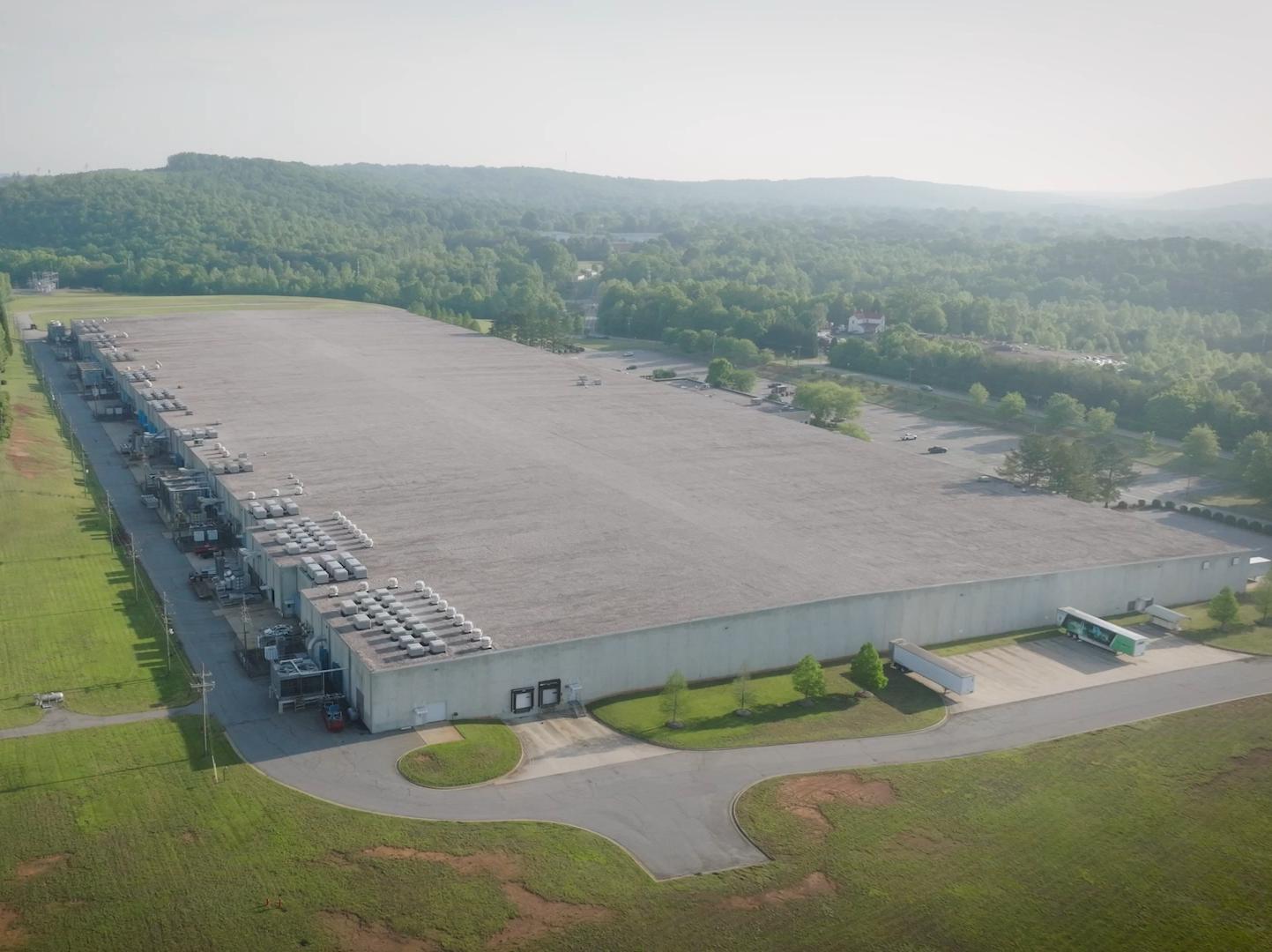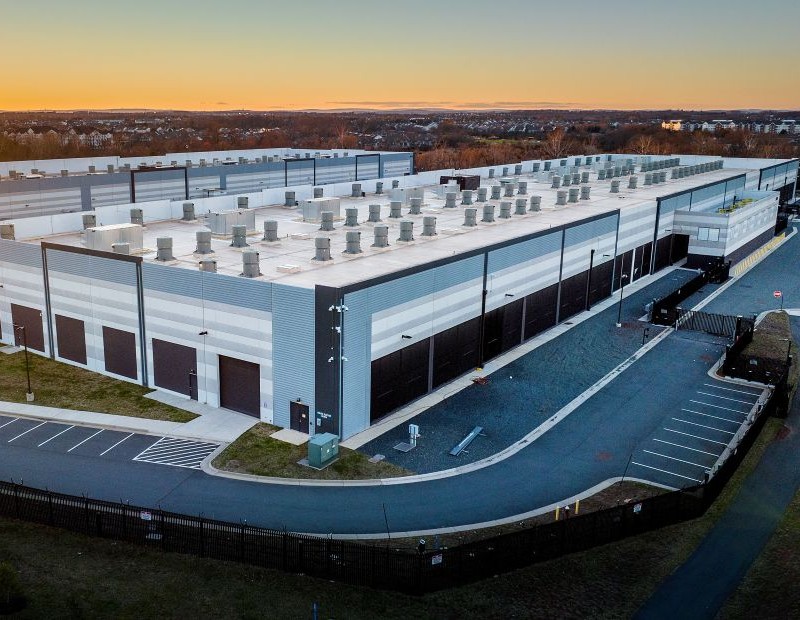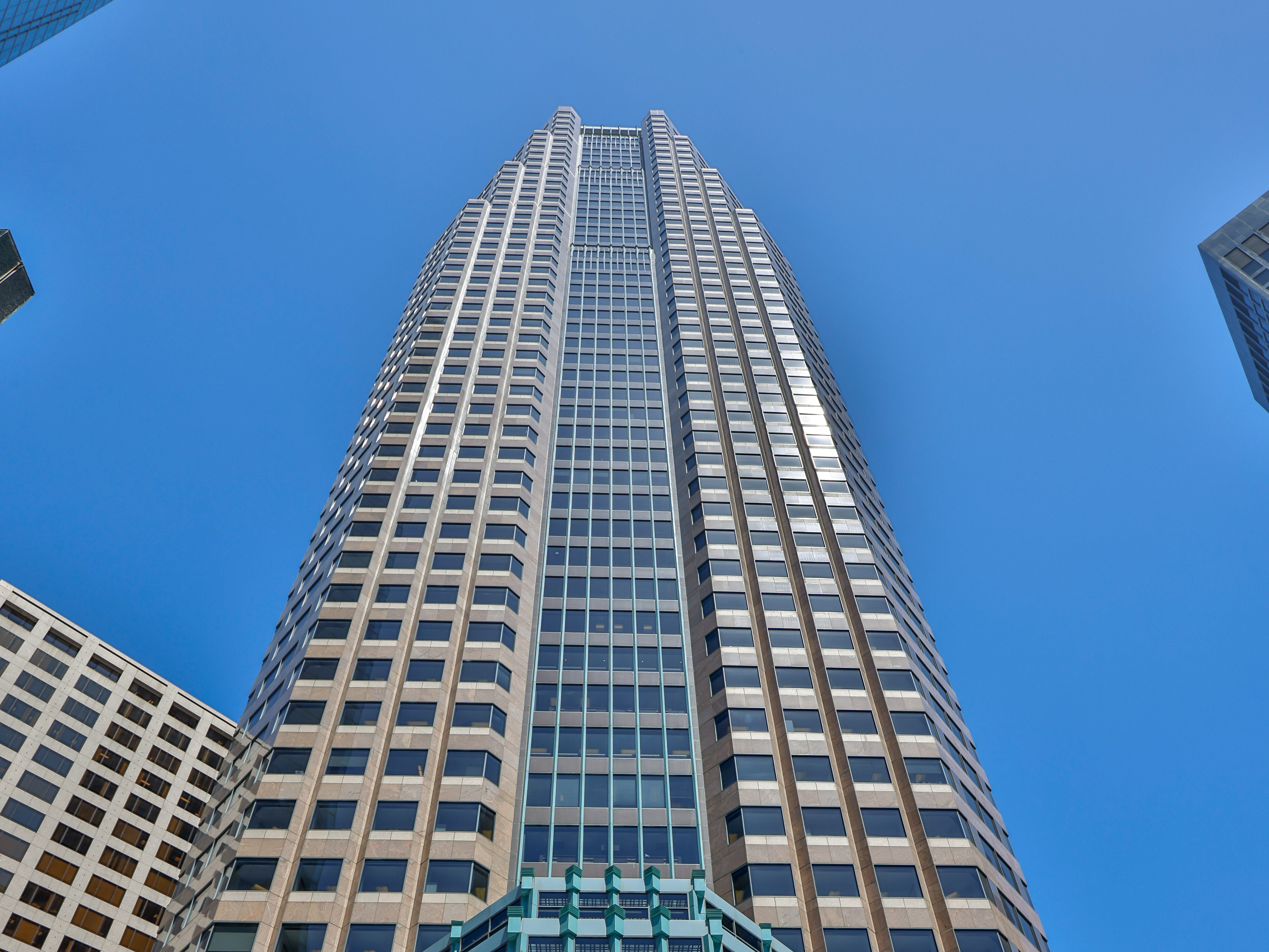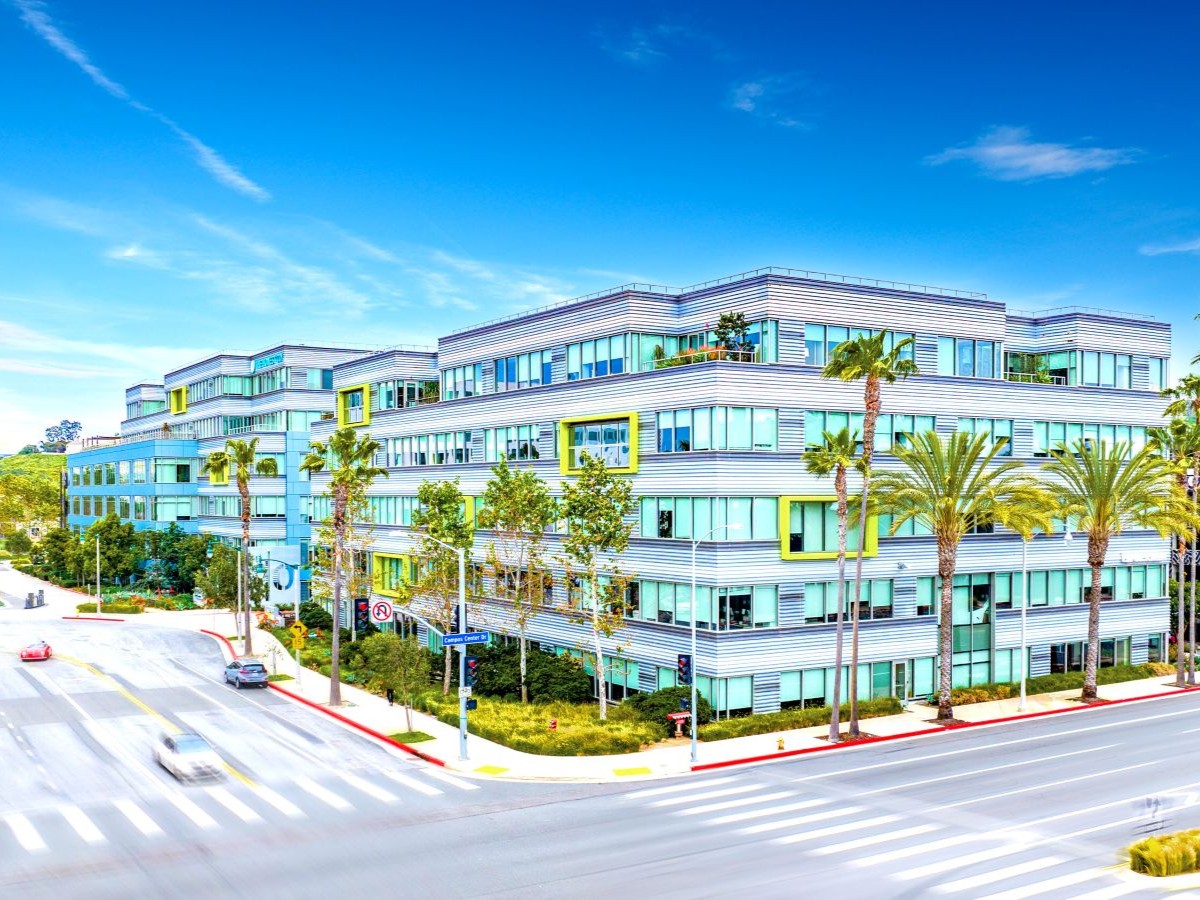Why Cold Storage Is Getting Hotter
The demand for modern temperature-controlled facilities is surging, according to David Greek of Greek Real Estate Partners.

Investment in cold storage is heating up as increasing demand for fresh food and pharmaceutical supplies drives market development and modernization of a largely outdated cold supply chain. Investors and developers have recognized this growing segment and are gaining exposure through building and purchasing these previously ignored facilities.
Specialized warehouses and logistics facilities are necessary to preserve perishable goods from warehouse to customer, carefully maintaining specific temperatures. These facilities are equipped with advanced refrigeration systems to store a wide range of temperature-sensitive products. Consequently, these high-demand facilities typically cost between two and four times more to develop than dry industrial facilities.
Expected to reach $427.6 billion by 2030, the global cold storage market is expected to expand at a CAGR of 17.5 percent. The growth can be attributed to changing consumer taste trends: Americans eat more fresh food and produce than ever before. Eating out, or increasingly ordering in, has increased significantly as a share of U.S. budgets in the past decade, which has contributed in the spike in demand for controlled meat and produce storage. Non-food items, such as several new pharmaceutical products including Ozempic, require precisely controlled low-temperature environments to be stored, introducing a new segment of demand for such space.
Fresh product
The cold storage sector is evolving to meet the demands of consumers. From production giants to local businesses like Philadelphia-based Ocean Kingdom, supplier-driven demand for cold storage facilities remains strongly independent of economic cycles.
For 25 years, seafood wholesaler Ocean Kingdom has imported and distributed high-quality, frozen seafood products sourced from around the world to customers on the East Coast. The company is facing a challenge as demand for its products has continued to grow. To address this issue, Ocean Kingdom engaged Greek Design|Build to add a 47,972-square-foot freezer to its existing warehouse facility at 3601 Island Ave. in Philadelphia.
The project, which benefits from its proximity to efficient, high-volume transportation networks and low energy costs, required complex design, engineering and thorough planning to proceed without disrupting ongoing business in the facility. The small site posed logistical challenges, while the differential roof heights and poor soil conditions posed other challenges for the design.
The FDA has specific requirements for preserving the quality and safety of seafood products, including strict temperature and humidity control to prevent spoilage and maintain freshness. This necessitates the use of specialized refrigeration and freezing systems, as well as insulated construction materials to create a controlled environment. Additionally, the warehouse design facilitates efficient airflow and product organization to ensure uniform conditions and easy access for storage and retrieval.
The construction of cold storage facilities is a complex and expensive undertaking that requires high-level expertise to maintain costs. However, the potential for growth and the increasing demand for temperature-sensitive goods, coupled with the benefits of energy efficiency and lower operating costs, have heightened interest in the development of new cold storage facilities. As the industry continues to evolve, the development of cold storage facilities is poised to remain a key focus for investors and developers seeking to meet the growing needs of a dynamic and expanding market.
David Greek is managing partner at Greek Real Estate Partners.







You must be logged in to post a comment.